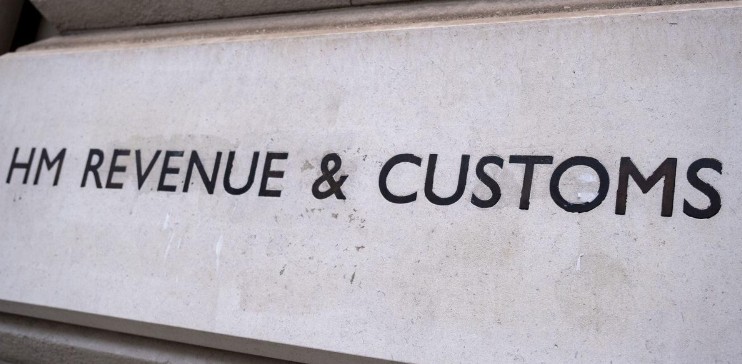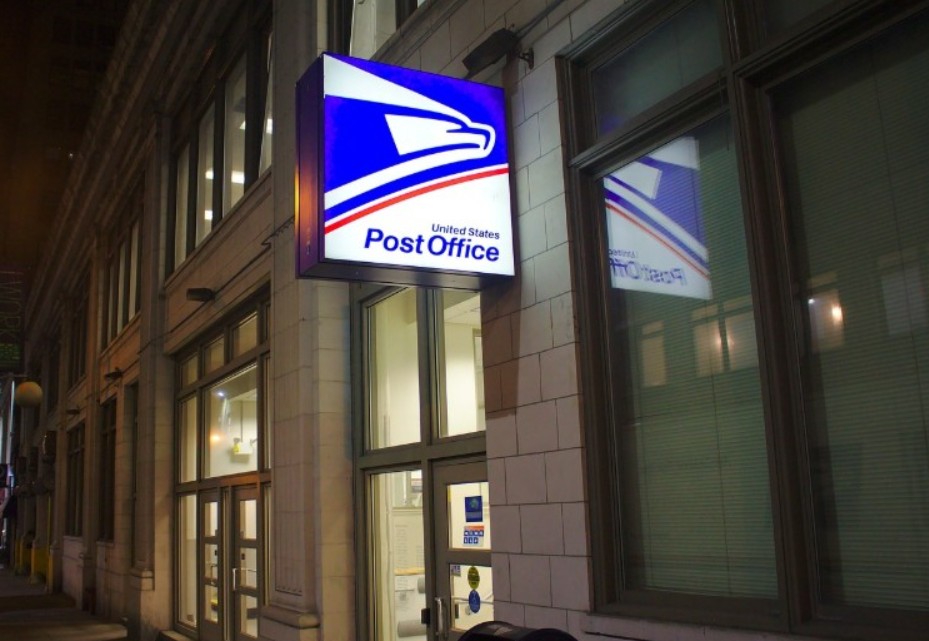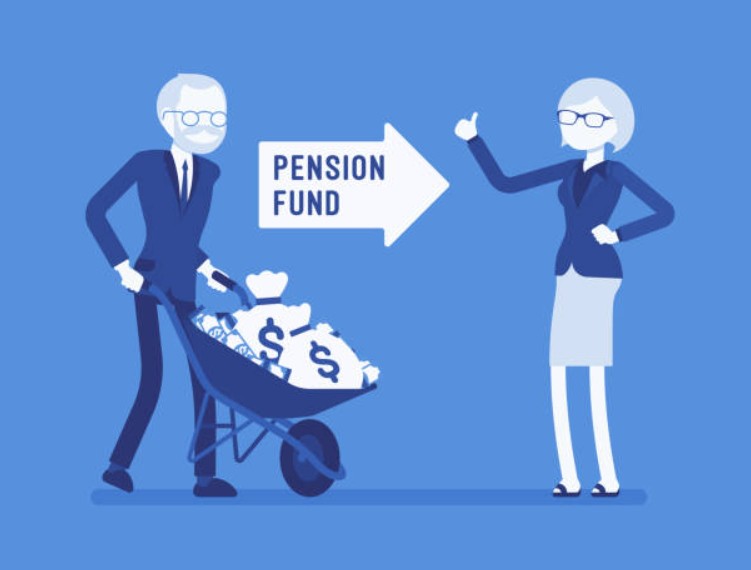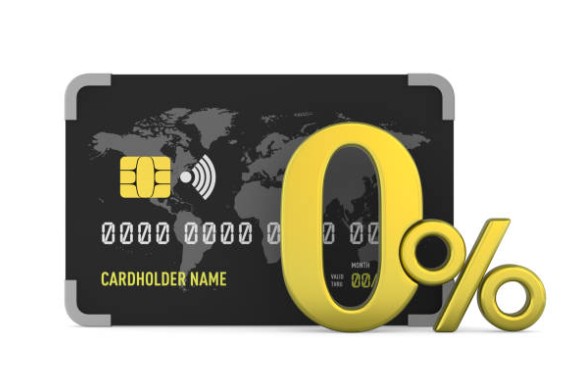How Long Does It Take for HMRC Tax Refund to Go Into Bank?
HMRC tax refund can be small, but it is a nice bonus. Especially if one overpaid in the year. Either through PAYE, self-assessment, or other claims, HMRC scrutinizes your records carefully before paying out the refund, either straight into your bank account or as a cheque.
Eager to know how long it will be before your HMRC tax refund is in your bank account? It varies depending on how you claim, whether any extra checks are required, and the time of year.
Having an understanding of the refund process can make the wait less stressful and enable you to monitor your payment with certainty.
Understanding the HMRC Tax Refund Process
HMRC tax refund is simpler than you believe. Starting with, check whether you have overpaid tax; if so, fill out the online forms, repair PAYE, and monitor repayments for faster refunds to get your HMRC tax refund without trouble. The majority of HMRC tax refunds are paid into banks within 5–10 working days after inspection and approval.
After submission of your tax return or overpayment claim, the HMRC tax refund process begins. The HMRC checks your bank details, tax code, and earnings records before making payment approval.
When authorized, the refund is made by cheque where bank details are not provided, or to your bank account (which is the fastest option).
If HMRC detects tax overpaid in your employer’s account, PAYE workers might be paid automatically. Self-employed persons are refunded after their self-assessment tax return is filed.
How Long Does an HMRC Tax Refund Take to be Received into the Bank?
HMRC tax refunds typically take 5–10 working days to appear in your bank account once cleared, subject to your chosen method of payment and bank processing.
How long it takes for the tax refund relies primarily on the process of your claim method, yet several things can dictate how soon you’ll receive the cash:

- Claim Submission Method – How you claim your tax back, be it manually or through mail, may or may not be the difference maker in terms of time. Online claiming is generally quick, whereas paper form claims may take longer.
- Payment Method Used – A direct bank transfer usually ensures the fastest refund. Cheques will probably take additional days to dispatch and clear.
- Bank Processing Times – Even after HMRC has agreed your refund, your bank will take a couple of days to process and deposit the funds into your account.
- Verification Checks – When HMRC must verify your information or put any information in place, it will hold up your refund. Getting the information right the first time speeds up the process.
- Time of Year – Refunds are slower when it is peak time at the end of the tax year when HMRC has more claims to put through.
Typically, all well, your HMRC tax refund will be in the bank within a week or two, with ease of access and peace of mind to your funds.
HMRC Tax Refund Online Claims
HMRC tax refunds online typically take 5-10 working days. Depending on claim type, documents received, verification checks, and payment method.
- Type of claim: Varying types of tax refunds are processed at different times. For example, processing for work expenses claimed may be longer than processing for excess income tax paid in the previous year. Having knowledge of the type of claim helps manage realistic expectations.
- Returns posted: If there is a request from HMRC for more information, the refund will be delayed. It can be a great deal faster if all, from forms to pay slips and receipts, are accurate and complete.
- Verification checks: To verify your identity and the accuracy of your claim, HMRC will carry out verification checks. Your work, income, and other tax records may be cross-checked. Though these will delay processing, they are crucial to security.
- Mode of payment: Think about how you would like to receive your HMRC tax refund. Although it will be slower, checks can be mailed. Direct bank transfer is usually the quickest.
By being mindful of these considerations, you are more able to monitor your refund and avoid unnecessary delays. A faster and easier process with HMRC online refunds is guaranteed by making claims in a conservative way and having current records.
Postal Claims and Cheques
HMRC tax refund by post by cheque will take 6 to 8 weeks in usual situations. Double-check your claim, postal address, and bank account details to avoid delay.
Double-check all forms and accompanying papers twice before sending out checks and postal claims. Small mistakes such as an incorrect postcode or a missing signature, might delay your refund.

It is a good idea to have your mailbox secure because HMRC will send the check to your address once it has been processed. In the meantime, most people prefer to track their claim online, and this reassures them that the refund is coming.
Postal Claims and Cheques remain a suitable option for those who employ more traditional methods, although to be paid by post in back taxes is perhaps less immediate than online payment.
This can go more easily, and you can be issued your refund without unnecessary delay if you organize ahead of time and have all your forms in proper working condition.
Factors Affecting Refund Timing
Refund times vary depending on payment type, bank processing, order verification, holidays, and seller procedures, affecting when money returns.
Payment Method
How you got paid has a lot to do with how quickly HMRC processes your refund. Refunds by credit and debit cards usually arrive within a matter of days, but direct bank transfers, PayPal, or e-wallets may take longer. Some payment types also have extra verification procedures that take time.
Bank Processing
Even if the seller guaranteed a refund, your bank or payment card issuer will take a little while to get it through. Banks operate only on business days, so Saturday and Sunday, and bank holidays will delay it. Most banks also have review processes which impact how long cash will sit in your account.
Order Verification
Before the seller can return a refund, most sellers must verify the returned product or ensure the purchase is eligible for a refund. High returns, delayed confirmation of the status of the item, or documentation being unavailable all contribute to delayed refund processing.
Holidays and Weekends
Weekends and holiday times, refunds might take longer. This is because banks and sellers often transact payments only on weekdays. Scheduling your returns during non-holiday periods can sometimes speed up the process.
Seller Policies
Each store or outlet has its own refund policy. Some refund immediately, while others take a few days, a week or two. Reading the contract fine print will inform you of what to anticipate.
Technical Issues
Occasionally, delays are caused by system failures, payment gateway issues, or discrepancy of account data. Although rare, technical problems will delay a refund until the seller or payments processor resolves them.
By remembering these conditions that influence refund time, you know when to expect the refund money, you prepare in advance, and reduce unnecessary anxiety in the process of refunding.
How Do You Monitor Your HMRC Tax Refund?
You can monitor your HMRC tax refund online through your Personal Tax Account, check status with the PAYE tool, or get updates through a phone call from HMRC.
HMRC possesses two significant tools to monitor the status of your refund:
- HMRC Online Account – After you login, you are able to see your refund status, whether pending, approved, or paid already.
- HMRC App – A hassle-free way of checking while on the move. The app contains details of payment and confirmation when made.
If over 10 working days have passed and your refund has not shown, you can contact HMRC on their helpline 0300 200 3300 (for details on general income tax and refunds).
- Lines are usually open Monday to Friday, 8am–6pm.
- Keep your National Insurance number and tax reference handy.
How to Get Your HMRC Refund Quickly?
Fill in your HMRC tax return correctly, claim relief for all allowances, direct deposit, answer questions promptly, and check your refund online for quick speed.
Checklist to claim:
- Fill correctly: Declare all income and allowances.
- Claim reliefs: Subscriptions, expenses, and marriage allowance.
- Direct deposit: Quick HMRC tax refund.
- Check facts: NI number, address, bank details.
- Reply & follow-up: Reply to HMRC and follow up online.
Summary of HMRC Refund Timescales
| Type of Claim | Expected Timeline | Notes / Factors Affecting Timing |
|---|---|---|
| Online Claim | 5–10 working days | Fastest method; depends on verification checks, claim type, and payment method. |
| Postal Claim / Cheque | 6–8 weeks | Slower due to manual processing; ensure forms and bank details are accurate. |
| PAYE Automatic Refund | Usually within 5 working days | Refunds processed automatically if overpayment is detected in employer records. |
| Self-Assessment Refund | 5–10 working days | Issued after filing self-assessment; timing affected by checks and peak filing periods. |
| Delayed Refunds | Up to 12 weeks | May occur due to fraud prevention checks, missing documents, or peak tax periods. |
In summary, gaining an HMRC tax refund needn’t be a stressful experience. Having an idea of how it works, providing accurate information, and tracking your refund online, you can get paid quicker and with less anxiety.
Whatever payment method, either paid directly into your bank or cheque, being prepared and current means the refund happens as smoothly as possible.
Frequently Asked Questions on HMRC Tax Refunds
How long does HMRC take to refund tax online?
Online refunds will be cleared within 5 working days, although some banks take 10 days to deposit the money into your account.
Why is my HMRC tax refund delayed?
Delays occur due to fraud checks, error tax codes, seasonal backlog, or manual scrutiny of suspicious claims.
Do HMRC tax refunds take months?
Yes, in exceptional cases, 12 weeks’ waiting time can be required, especially where HMRC asks for more information or during peak filing times.
How do I know if my HMRC refund is approved?
Look at your HMRC online account or app, the status will indicate if your refund is pending, accepted, or already paid out.
What if I gave the wrong bank details?
If the details are wrong, the refund could bounce back to HMRC. You will need to inform them of your changes and repay the money.







